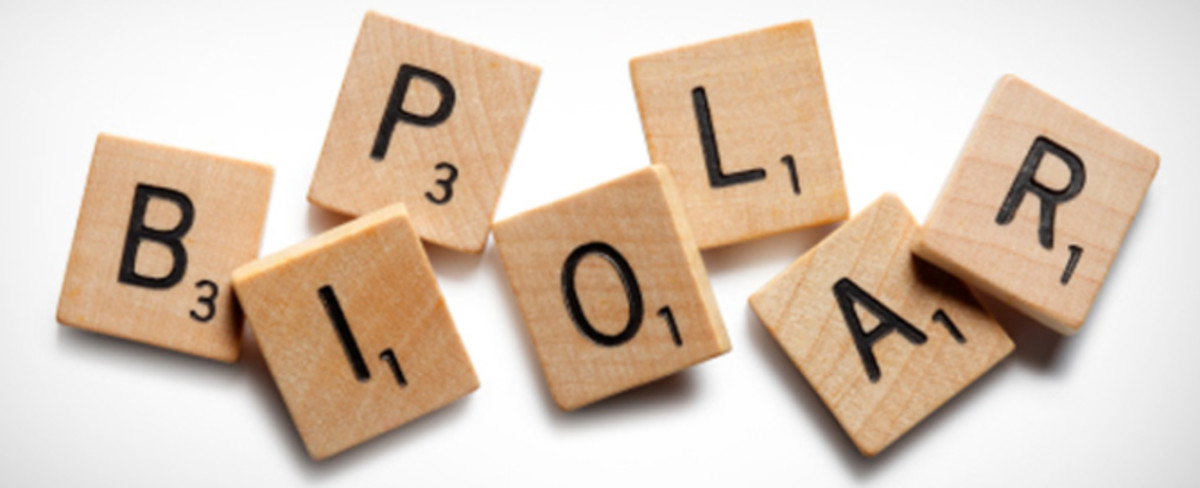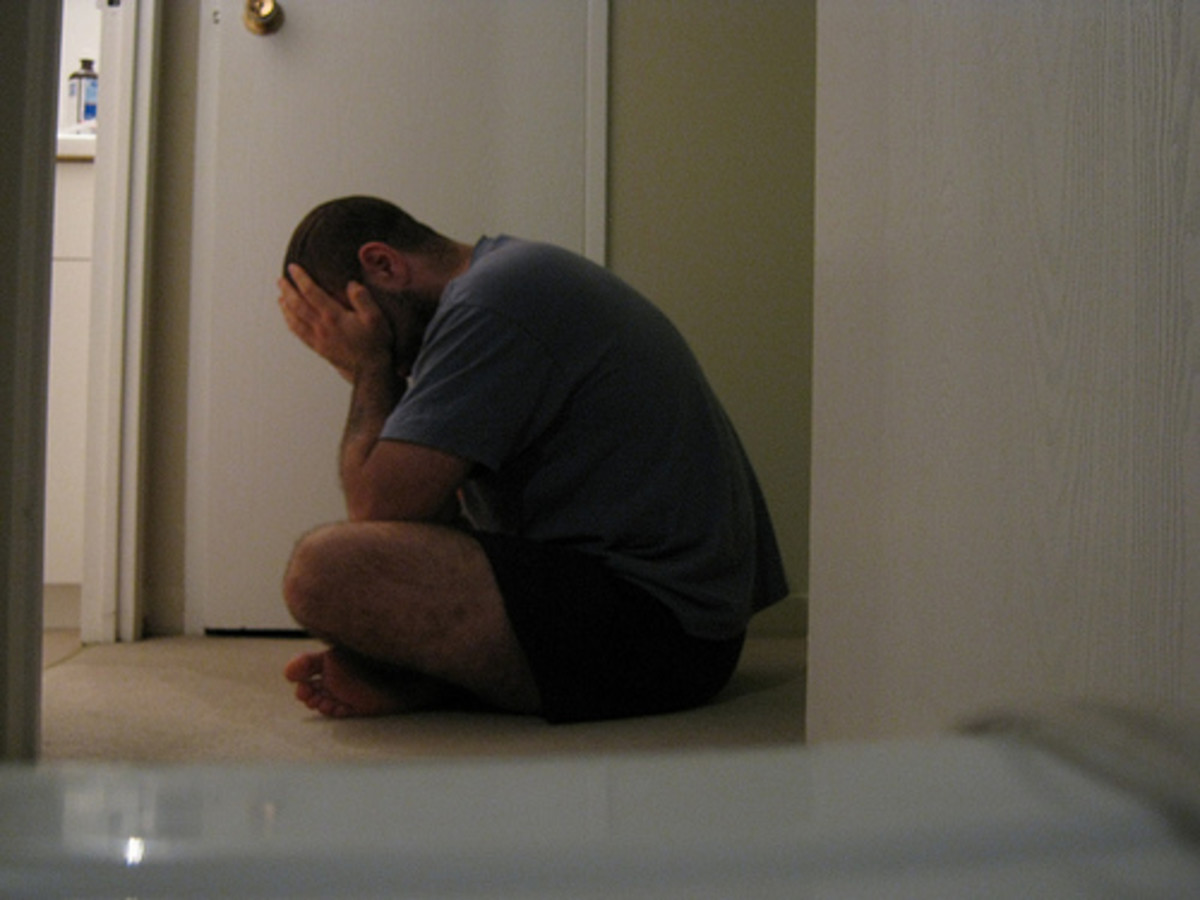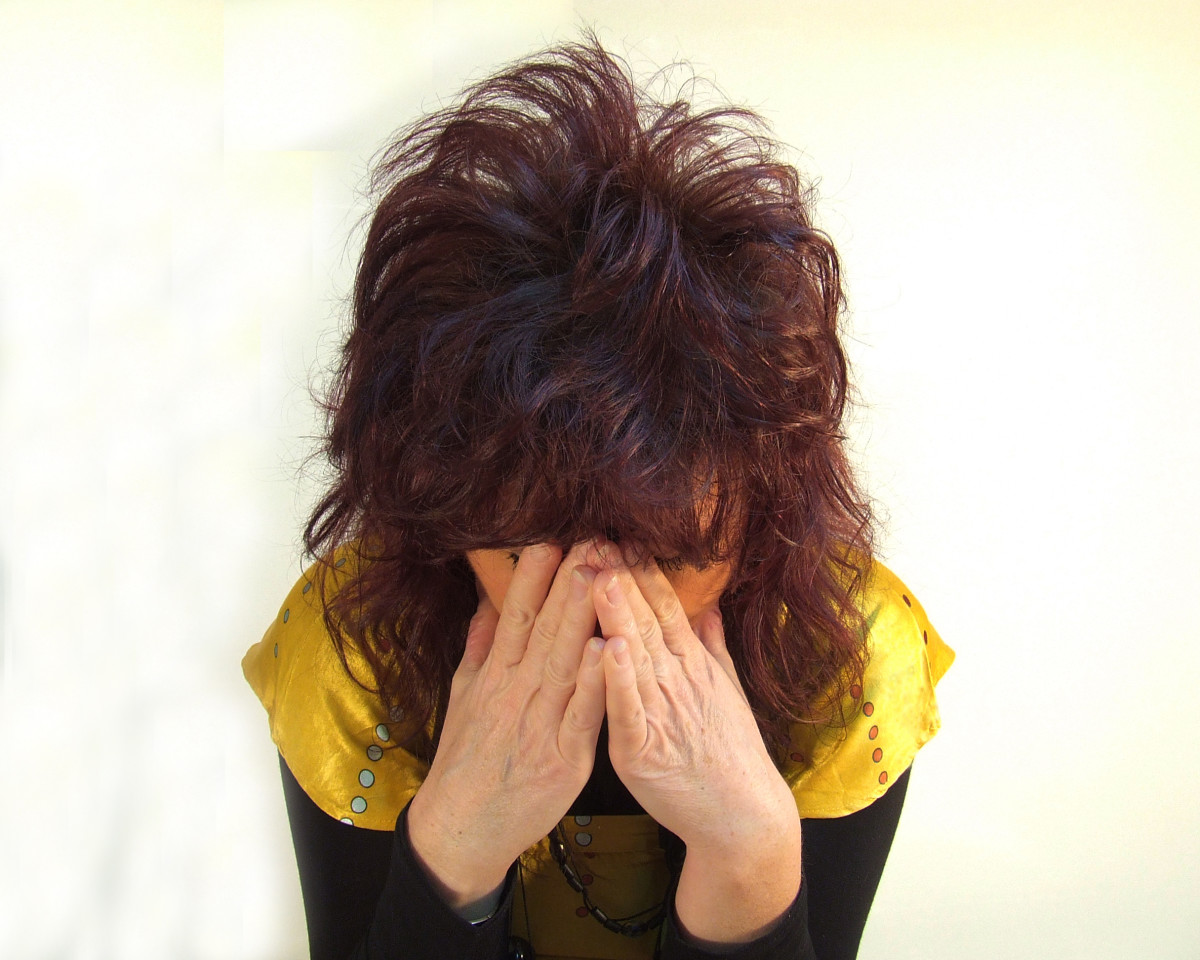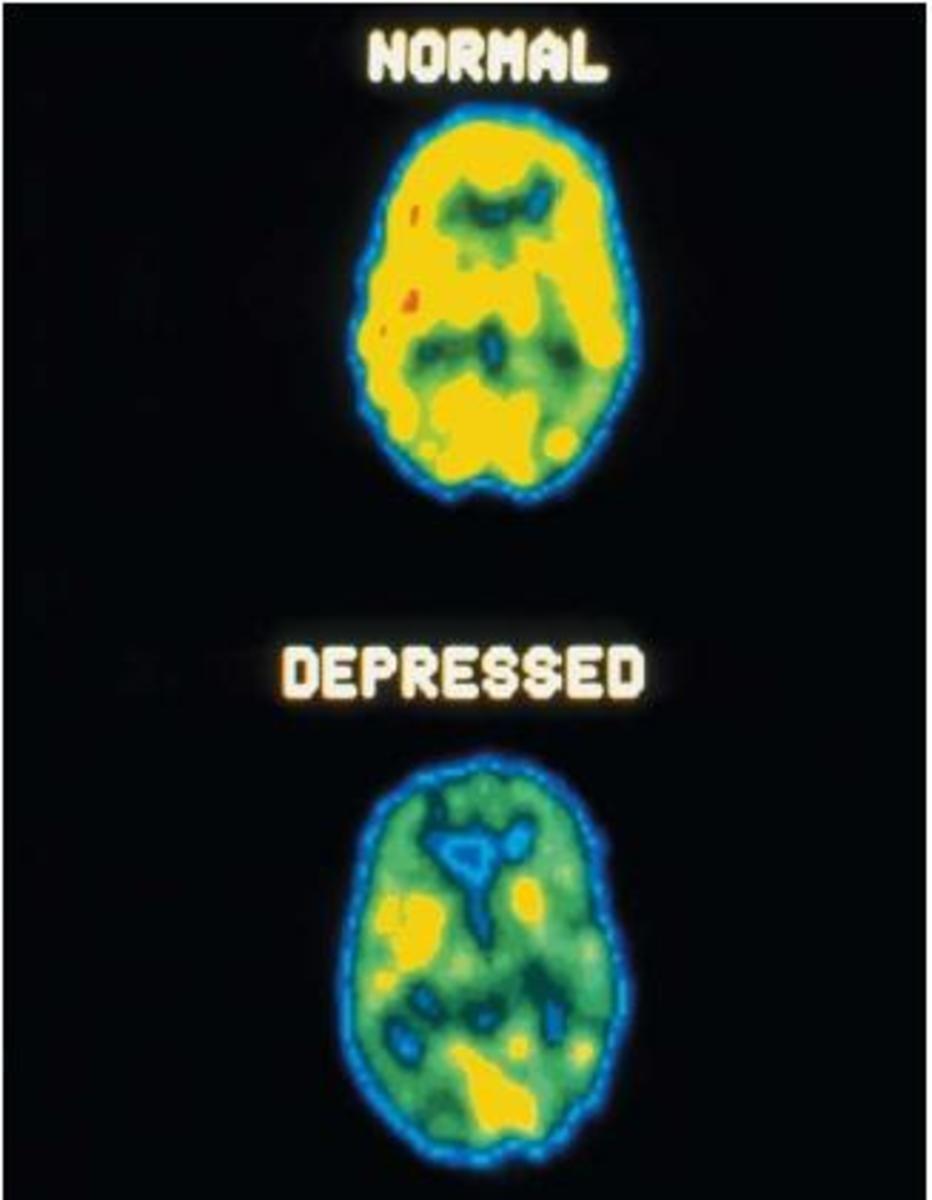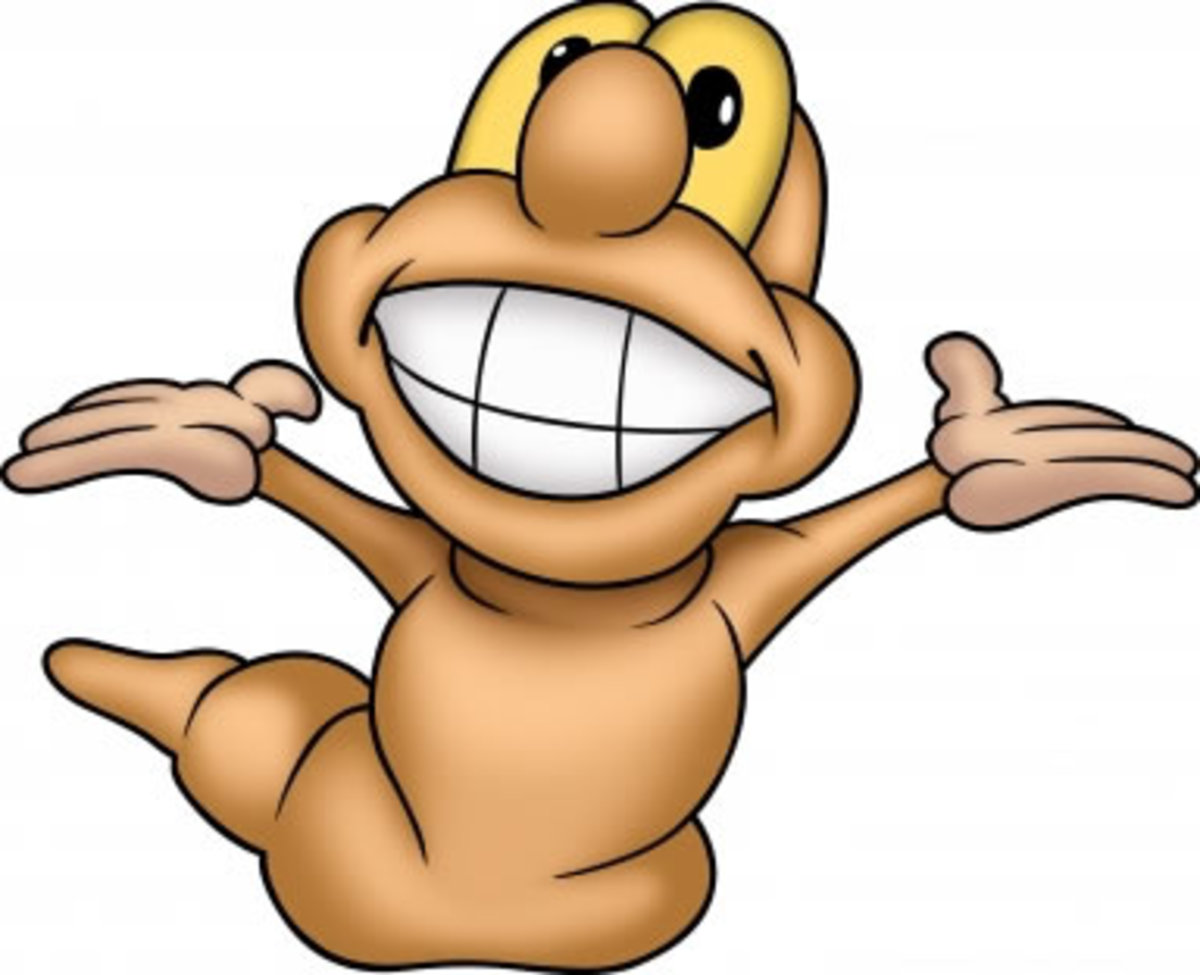Depression (311 or F31.9)

Primary Desecription
Mental health disorders such as depression are diagnosed by mental health professionals with the help of a clinical book called the Diagnostic Statistics Manual. There is an entire section of the DSM dedicated to ‘depression’. Most people have a general idea of what depression is, and most also lump it into the one big category. The truth is, there are several different kinds of clinical depression that become important to be aware of if you have been diagnosed with depression or suspect that you are depressed. It is wise to always ask and be clear with a mental health professional what kind of depression you are suffering from.
Depression can be what is called ‘non-clinical depression’, which means that the symptoms and experience does not rise to the level where it requires medical or counseling intervention. Everyone gets a bit sad sometimes, or gets down when things in life do not go their way. So some depression that is not clinical might include situations that arise in our lives that are just kind of sad, like a disappointment, loss of a job, or the death of a pet or loved one. There is a thin line between the experience of depression and grief, which is a bit different than depression, but has many of the same symptoms or overlapping symptoms.
There is a little talked about depression that can be termed ‘existential depression’. This is when you see the world as it really is, and compare that to what you want it to be. This kid of sadness, depression, and frustration can come about due to how a person is raised, how they think about life, and what philosophy or theology they have grown up with in their family or culture. Also, some people by nature and personality are either optimists or pessimists.
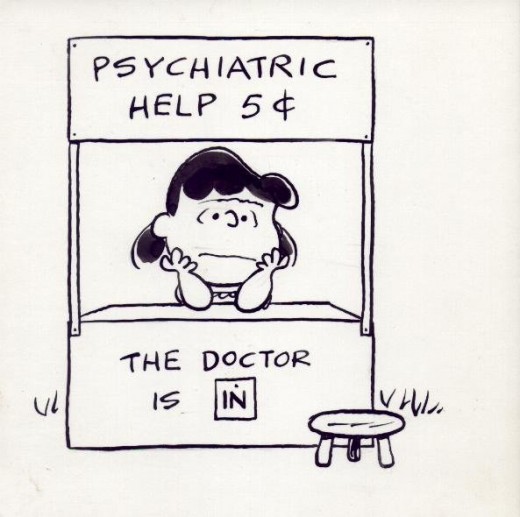
Clinical Depressions
The ‘clinical depressions’ are termed as such because they negatively impact daily life for the individual, and often in a number of ways that are uncomfortable, limiting to their functioning in everyday tasks like eating, sleeping, relating to others, keeping commitments. Below is a listing and brief description of the major clinical depressions as reflected in the DSM:
Disruptive mood dysregulation disorder: this kind of depression is diagnosed in children. Kids with this disorder are generally moody, contentious, irritable, temper-tantrumy-and miserable most all of the time.
Major depressive disorder: People who have a major depression truly appear depressed: they may not be able to even get out of bed, are not eating much, or are overeating, are unkempt in their hygiene, and may not be able to get any motivation to do any other tasks of daily living, like go to work or school. They certainly are not engaging in any pleasurable activities. This can last days, weeks, or even months. The person may become suicidal as well.
Persistent depressive disorder (dysthymia): People with this kind of depression can often ‘put on the mask’ and get through daily life, but is really an awful grind for them. They are never truly happy, and are generally pessimistic, irritable, and miserable most of the time. They can slip into a major depression, but some never do.
Premenstrual dysphoric disorder: This kind of depression is newly listed in the DSM, and some professionals disagree with it being listed. The key elements of this depression is that there is a clear and persistent pattern of depressive and agitated symptoms and behaviors pre-menstrual for women.
Substance or medication-induced depressive disorder: as in the title, this kind of depression is a direct result of ingested illegal substances or prescribed medications, or come about when the substance or mediation is withheld.
Due to other medical condition: sometimes there are medical (physical) illnesses that can cause depression to occur.
Other or unspecified depressive disorder: when it is unclear what the source of depression is, this designation is given. It may also be given when it is recognized that the situation of the patient, as well as their way of thinking and behaving, may be the source of the depressive behaviors and symptoms.

Bi-Polar
What you may notice is that ‘bi-polar’ is not in the depression category; it has a category of its own. Bi-polar disorder is a very specific illness that requires a number of particular symptoms and behaviors. While people with bi-polar do get depressed, and sometimes this is very intense, bi-polar is not depression. This is important to note because there is often great fear people experience when they suspect or are told that they have depression that they are ‘bi-polar’. The idea of ‘bi-polar’ has entered the public consciousness and has become popularized to such a degree, that even mental health professionals agree that many people get over diagnosed with the disorder. Not everyone who is depressed is ‘bi-polar’! And just because you are moody sometimes, it does not mean you are ‘bi-polar’!
It is important to note that with some kinds of depression, an individual may experience what is sometimes called a ‘psychotic break’, meaning that the person loses all touch with reality and may begin to have auditory and/or visual hallucinations or become very irrational and delusional in their thinking. This is a dangerous state to be in, and requires prompt intervention for the safety of the individual and others.
Depression in the USA
10% of the poulation has depression
| 12% of women will have at least one episode of depression
| 10% of women will have post-partum depression
|
|---|---|---|
One in 33 school chidlren have a clinical depression
| About half of all depressed people are untreated
| More education appears to mitigate depression rates
|
About 6% of the poluation suffers from Bi-Polar
| A higher rate of depression in the South
| White adults age 45 to 64 have the highest depression rates.
|
Treatment
In most cases, a combination of medications and clinical counseling are the typical and most effective route to recovery and keeping depression in remission. There are some methods of counseling and therapy that have been demonstrated to be very effective for clinical depression, Cognitive Behavior Therapy perhaps being the top rated. The medicines can help boost and balance a few important brain chemicals known to influence mood stability. Finding the right med at the right dose is sometimes frustrating, but when found, is a real blessing to help the depressed person to get out of the ‘hole’ and stay out. Medication alone is not enough though, and learning how to change your thinking and behavior are key in helping the medicine to continue to be effective, and to get your goals, plans, and life back on a satisfying track.

